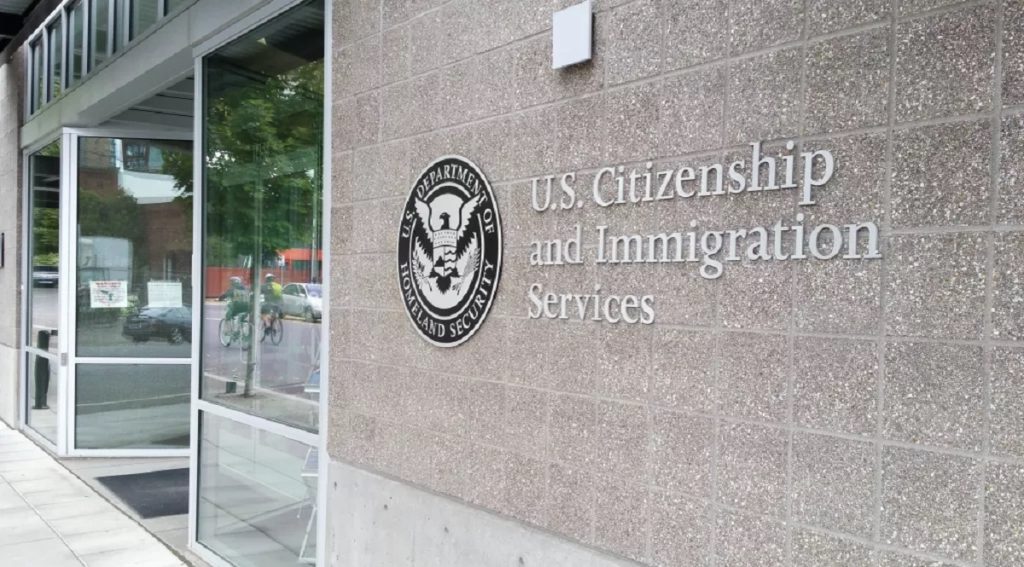The U.S. Department of State has announced that it has begun a comprehensive security review of more than 55 million visa holders in the United States—an unprecedented move aimed at identifying violations that may warrant deportation.
This review covers all types of visas, including student and tourist visas, and falls under the “continuous vetting” policy adopted by the U.S. administration since the beginning of President Donald Trump’s second term.
A State Department spokesperson confirmed that visas are canceled immediately once indicators of ineligibility appear—such as overstaying the legal period of residence, committing crimes, threatening public safety, or engaging in any form of terrorist activity or support for terrorist organizations.
The department also relies on all available information, including law enforcement and immigration records, as well as data that emerges after visa issuance, to evaluate the holder’s eligibility under the Immigration and Nationality Act.
U.S. Tightens Visa Rules
Since the start of Trump’s second term, the State Department has canceled more than 6,000 student visas, including around 4,000 due to legal violations and nearly 300 linked to terrorism support, according to official data.
The administration has specifically targeted foreign students who participated in pro-Palestinian protests, claiming some posed a threat to national security. A number of these students are currently facing deportation proceedings, while seeking to legally challenge the decisions.
These measures come within a broader tightening of immigration policies, as the administration continues to prioritize deporting undocumented migrants and expanding vetting tools to include even personal social media accounts. Applicants for certain types of visas, such as student and visitor visas, have also been required to make their social media profiles public as part of the security screening process.
This campaign signals a major escalation in deportation policy, no longer limited to undocumented immigrants but now extending to legal residents holding valid visas—raising serious questions about the future of millions of foreigners in the U.S., particularly those involved in academic or political activity.

